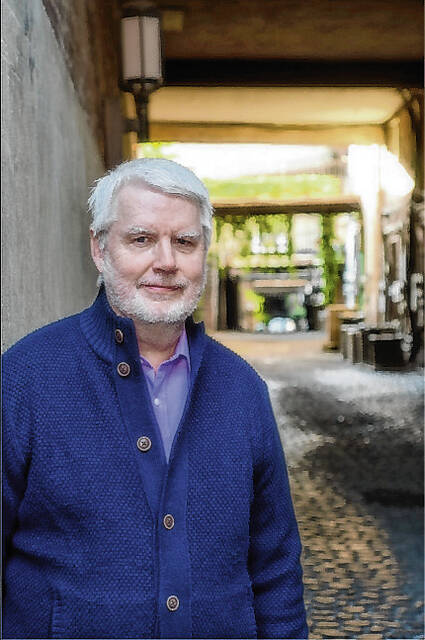We are hearing a lot about Russian human rights violations in the war in Ukraine.
While these reports are not likely to end Putin’s invasion or even change the behavior of Russian troops, it is a good sign that the world is paying attention to hospitals and schools being bombed, as well as Ukrainian citizens being targeted while they stand in bread lines.
Not surprisingly, human rights abuses are easier to recognize when other countries are at fault than when we have perpetrated similar abuses. A case in point: since 9/11, torture and other forms of abuse of Muslim detainees have been standard practices at Guantanamo.
A recent book by a released detainee of Guantanamo cites examples that remind us, in terms of human rights, that we have no room to judge other countries. The author, Mansoor Adayfi, was a young man from Yemen who was sent to Afghanistan by a mentor to discover if the Taliban practiced a valid or invalid form of Islam. As is true of many other detainees at Guantanamo, he was “sold” to American forces by an Afghan warlord who claimed Mansoor was a sympathizer of Al-Qaeda. In fact, the claim was that he was an Al-Qaeda general who’d had plastic surgery!
For the next fourteen years, Mr. Adayfi was imprisoned at Guantanamo where he experienced regular beatings and endless interrogations, all under the assumption that he was an enemy of the United States. But what makes Mr. Adayfi’s account so unusual is the sensitive eye with which he observed life in the prison.
Yes, Mr. Adayfi describes abuses that should make all Americans feel ashamed. He describes a fellow-Muslim detainee who was taken to a dentist with an abscessed tooth. He returned to his cell with eight teeth extracted. On another occasion, Mr. Adayfi was beaten four times along with others when they disputed the claim of the prison authorities that three fellow Muslim detainees had all mysteriously committed suicide on the same day while undergoing interrogation.
There are other sides to Mr. Adayfi’s book, “Don’t Forget Us Here: Lost and Found at Guantanamo,” that make his account unusual. He cites prayer as well as study of the Qur’an as that which kept him and other detainees human and sane over their years of imprisonment. This was despite the fact that Muslim detainees who prayed the prescribed five times a day were often treated worse by the guards.
Another element of Mr. Adayfi’s account that is worth pondering is his observation that African-American and Latino soldiers treated the detainees better than their white counterparts. I wonder if soldiers of color saw in the humiliations of the detainees something too akin to their own experiences and the experiences of their ancestors.
But the theme in Mr. Adayfi’s book that I found most compelling was his concern that the humiliations and torture experienced by the detainees were not just harming them but were also morally injuring the jailers, often young soldiers, who were ordered to beat them. Imagine being tortured and in those moments feeling concern for the damage being done to those torturing you.
At least one recent president promised to close Guantanamo in recognition of the fact that many of the detainees are known to be innocent, but the prison is still open. That means that humiliation and torture continue to occur there. So the question remains: “When do we remove this stain on our national and individual consciences?”




